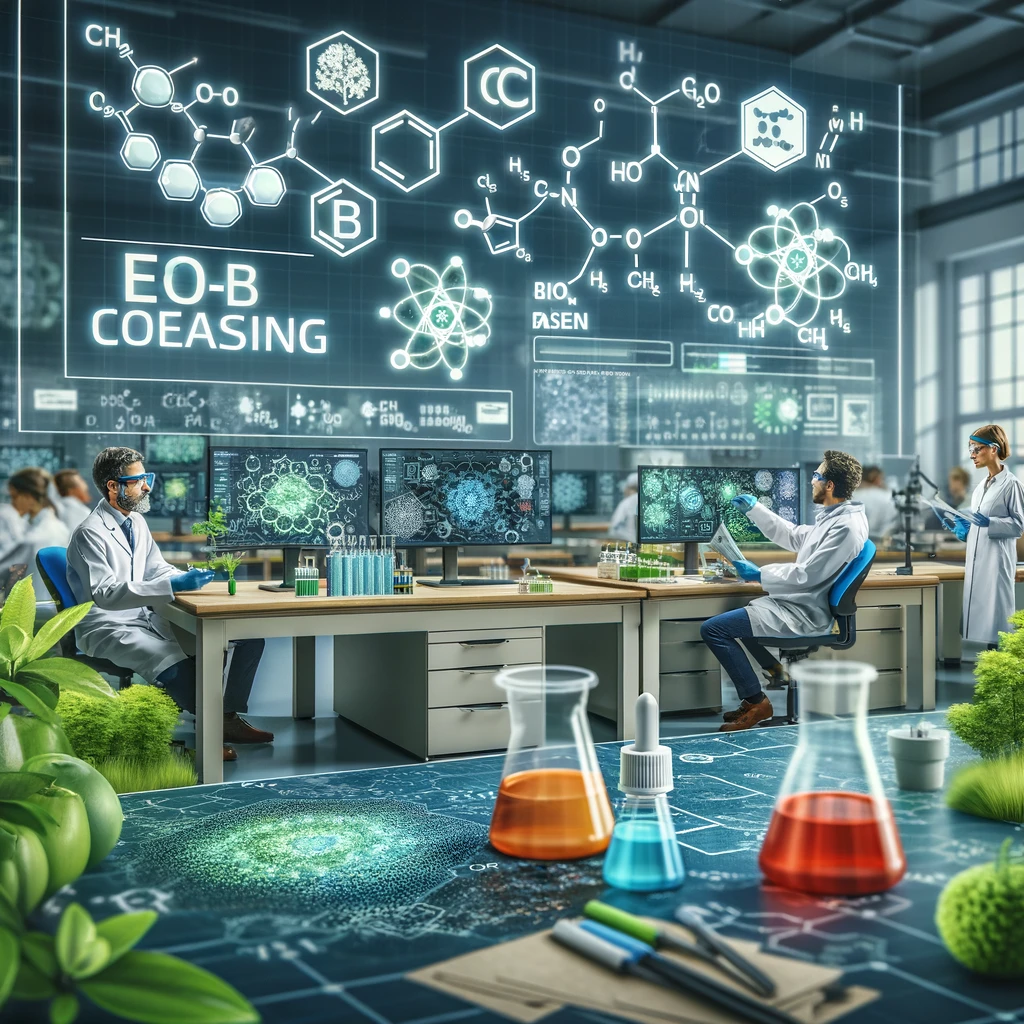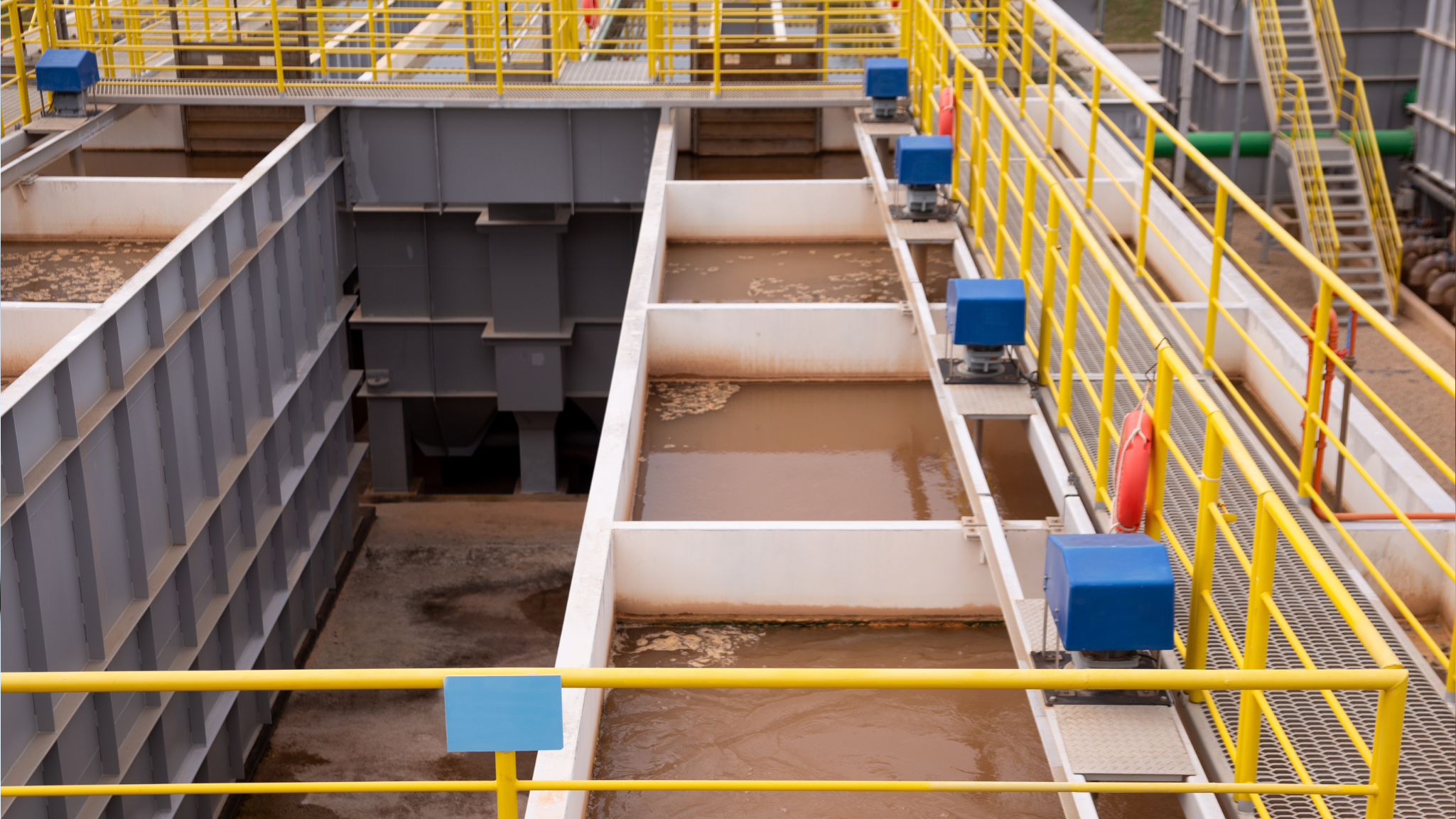Table of Contents
environmental impact coatings is In the realm of industrial applications, coatings play a pivotal role in protecting surfaces from corrosion, wear, and environmental degradation. However, the environmental impact coatings in chemicals are used in these coatings is a growing concern. This article delves into the environmental implications of coating applications, focusing on “environmental impact coatings” and exploring sustainable alternatives that mitigate negative effects while maintaining performance.
The Significance of Eco-Friendly Coatings
As industries strive for sustainability, the shift towards environmentally friendly coatings has become imperative. Traditional coatings often contain volatile organic compounds (VOCs), heavy metals, and other hazardous substances that pose significant risks to both ecological systems and human health. The advent of eco-friendly coatings aims to reduce these adverse effects by utilizing less harmful ingredients and innovative application methods.

Chemical Components and Their Environmental Effects
1- Volatile Organic Compounds (VOCs) :
VOCs are a major concern due to their ability to evaporate at room temperature, leading to air pollution and contributing to the formation of ground-level ozone, a key component of smog. Long-term exposure to VOCs can have serious health implications, including respiratory problems, skin irritation, and more severe disorders
2–Heavy Metals :
Certain coatings incorporate heavy metals like lead, chromium, and cadmium, which can leach into soil and water, posing risks to wildlife and humans through bioaccumulation. The movement towards banning or severely restricting these substances in coatings is a step forward in environmental protection
3-Biocides and Fungicides :
Used to prevent microbial growth that can degrade coatings, these substances can also harm aquatic life when they enter waterways, leading to disruptions in ecosystems and affecting biodiversity
Advancements in Sustainable Coating Technologies
Innovation in coating technologies has led to the development of alternatives that significantly lessen environmental impact coatings
1-Water-Based Coatings :
Replacing solvents with water in the formulation of coatings dramatically reduces VOC emissions, making these coatings safer for both the environment and human health.
2-Powder Coatings :
Powder coatings do not require solvents, thereby eliminating VOC emissions. Their efficiency and minimal waste production further enhance their environmental friendliness
3-Bio-Based Coatings :
Derived from renewable resources, bio-based coatings offer a sustainable alternative to conventional coatings, reducing dependence on fossil fuels and lowering carbon footprints.
Regulations and Industry Standards
Global regulations and industry standards play a crucial role in minimizing the environmental impact coatings. Policies such as the European Union’s REACH (Registration, Evaluation, Authorisation, and Restriction of Chemicals) and the U.S. Environmental Protection Agency’s (EPA) regulations on VOC emissions are driving the industry towards safer, more sustainable practices. These regulations not only enforce limits on harmful chemicals but also encourage innovation in developing eco-friendly coatings.
The Future of Environmental Impact Coatings
The future of coatings lies in the balance between performance and environmental impact. Continued research and development are essential for creating advanced materials that offer the desired protective qualities without compromising sustainability. Collaboration between scientists, industry leaders, and regulatory bodies is key to advancing eco-friendly solutions that meet global environmental and health standards.
A Sustainable Approach to Coating Applications
The environmental impact of chemicals in coating applications cannot be overlooked. By embracing sustainable coatings and supporting advancements in eco-friendly technologies, industries can significantly reduce their ecological footprint. The journey towards sustainability in coatings is ongoing, with each innovation bringing us closer to a safer, cleaner environment.
FAQs:
1. Why are VOCs in coatings a concern for the environment?
VOCs contribute to air pollution and the formation of ground-level ozone, posing health risks and environmental concerns.
2. How do water-based coatings reduce environmental impact?
Water-based coatings minimize VOC emissions, offering a safer alternative for both the environment and human health.
3. What role do regulations play in promoting eco-friendly coatings?
Regulations enforce limits on harmful chemicals and encourage the development of sustainable coating technologies, driving industry-wide changes towards environmental protection.




